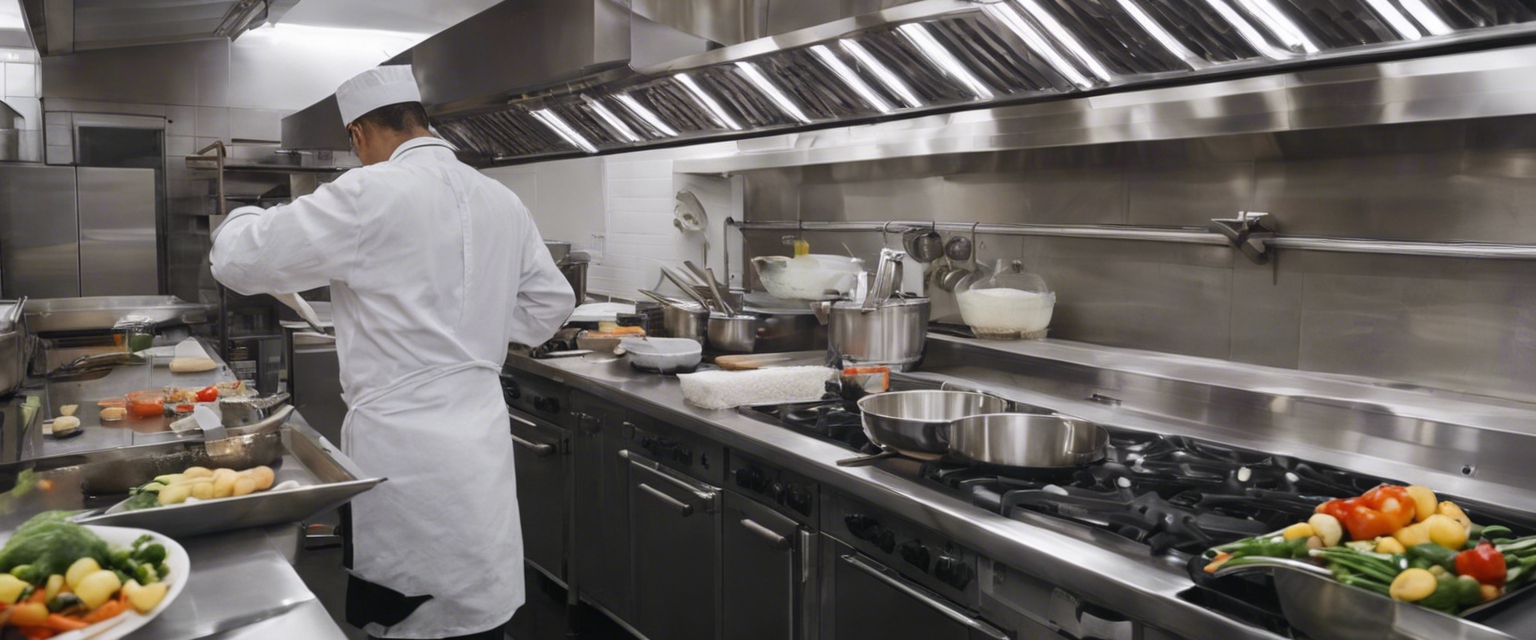5 essential tips for effective food hygiene training
Food hygiene training is a critical component of ensuring food safety and quality in any food-related business. It equips employees with the knowledge and skills necessary to handle food safely, preventing foodborne illnesses and protecting consumers.
Food safety is not just a legal requirement; it's a moral obligation. Poor food hygiene can lead to serious health risks, including food poisoning and the spread of infectious diseases.
Effective food hygiene training aims to create a culture of food safety, enhance employee performance, and ensure compliance with local and international food safety regulations.
Tip 1: Customize Training to Your Audience
Training should be tailored to the specific needs of your workforce. Consider their roles, responsibilities, and the languages they speak to make the training as accessible and relevant as possible.
Customize training materials to address the diverse linguistic needs of your workforce, offering training in Estonian, Russian, English, and Ukrainian, as necessary.
Tip 2: Incorporate Interactive Learning Methods
Interactive learning engages participants, making the training more memorable and effective. It can lead to better retention of information and more practical application of food safety practices.
Incorporate role-playing, simulations, and hands-on activities to bring real-world scenarios into the training environment.
Tip 3: Stay Updated with Current Regulations
Food safety regulations are constantly evolving. It's essential for businesses to stay informed about the latest standards to ensure compliance and protect their customers.
Utilize government publications, industry news, and professional organizations to keep abreast of changes in food safety regulations.
Tip 4: Reinforce Training with Regular Assessments
Assessments are a crucial part of the learning process, helping to reinforce knowledge and identify areas that need further attention.
Develop assessments that are relevant to the daily tasks of your employees, ensuring that they test practical understanding and application of food hygiene principles.
Tip 5: Provide Continuous Learning Opportunities
Food hygiene is an area where continuous improvement is necessary. Providing ongoing learning opportunities helps employees stay current with best practices and emerging trends.
Offer refresher courses, advanced training, and access to online resources to encourage lifelong learning and professional development in food safety.






Comments (0)